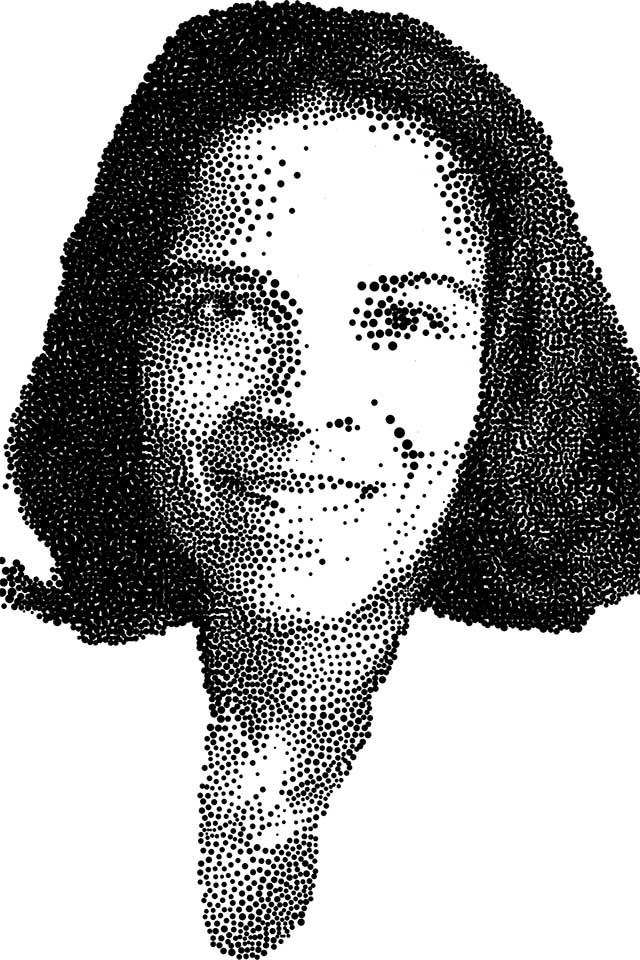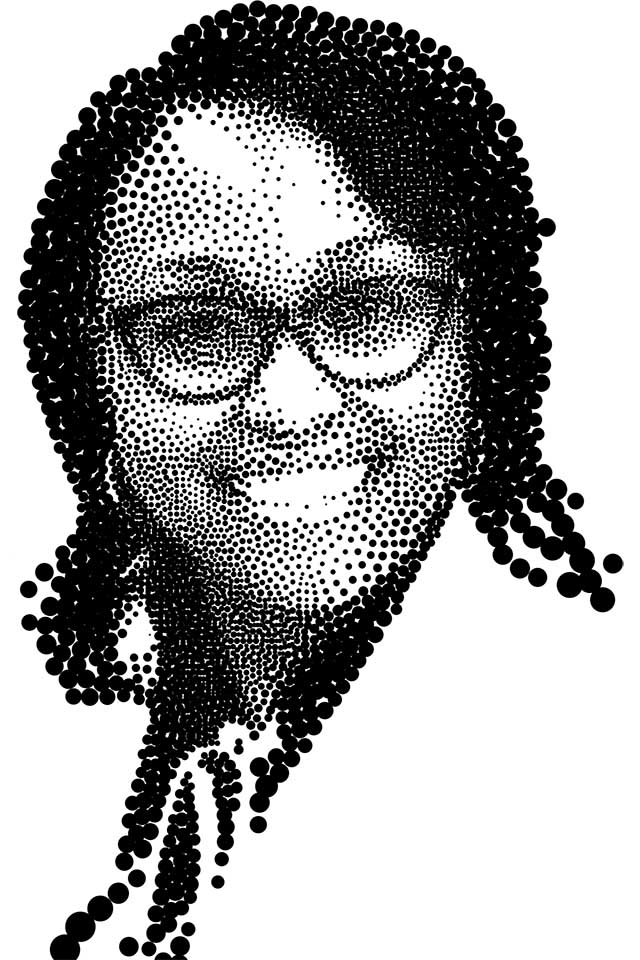Alumni Impact: Fall 2020
Grand Rounds talks to three alumni who are making great strides in each of their fields.
Deidra Candice Crews, M.D.
(MD ’03)

Associate Vice Chair for Diversity and Inclusion, Department of Medicine
Associate Professor of Medicine
Johns Hopkins University School of Medicine
What is your current role?
I am a physician-scientist and associate professor of medicine in the Division of Nephrology at Johns Hopkins. My federally-funded research program addresses kidney disease and hypertension among socially vulnerable groups, including African Americans, the poor, and older adults.
What is your best memory of Saint Louis University School of Medicine?
My best memories are of the wonderful friendships I developed with my classmates,
several of which I am still in close contact with today. I also have great memories
of some of the patients I had the privilege of caring for, who helped shape the physician
I am today.
How has the SLU mission informed your work?
The focus on providing service to the underserved was formative for me and positively influenced my decision to build a career addressing health disparities.
If you could go back in time, what advice would you give yourself as a medical student?
Remember the reason you pursued medicine in the first place, and allow that to be your ‘North Star’ throughout your career so that you maintain optimism and never become jaded.
From your perspective, what challenges are on the horizon for the future of internal medicine? How are you prepared to meet those challenges?
Significant challenges facing medicine more broadly, and internal medicine specifically, include the need to examine our policies and procedures to ensure that we are pursuing and supporting a physician workforce as diverse as the population(s) for whom we are committed to care. Another challenge is our need to track and prioritize health equity in our clinical and research work. We increasingly see the critical importance of this during the current pandemic. I am trying to do my part to advance work addressing both of these challenges.
Jessica Ouyang, M.D.
(MD ’14)

General Psychiatry
Child and Adolescent Psychiatry,
Women Focused, Integrative Psychiatry
What is your current role?
I have a few different roles. Clinically, I will be involved in pediatrics, family medicine and ob/gyn consulting in co-located medical/mental health care for both adults and children. Administratively, I will be a part of an initiative to improve maternal/infant care in the Safe Babies Safe Moms Program where I will develop relationships with program partner organizations in the community and initiate associated research activities. I am also looking forward to teaching trainees of different levels and departments. I hope that through our interactions, they will be inspired to find and be on the journey to achieve their purpose in medicine and life.
What is your best memory of Saint Louis University School of Medicine?
Without a doubt, it’s the relationships, e.g., meeting my lifelong mentor and others who have inspired me.
How has the SLU mission informed your work?
When I read the SLU mission statement, many, if not all, are reflected in the fruits of the Spirit (Galatians 5:22-23). I think these are critically important in the vulnerable populations with whom I have worked. Many patients, no matter the age, race, gender, social-economic class, have experienced a tremendous amount of trauma, whether or not they recognize it. Patients need to see that their physician holds these principles, which, in turn, are what would allow them to place trust in the physician. This has been critical to my daily clinical work.
If you could go back in time, what advice would you give yourself as a medical student?
One thing I did well was finding (and keeping) a mentor. Finding a good mentor is difficult, but so is medicine or anything in life that truly matters, and we pursue that with all of our mental/physical/financial efforts. I can’t even begin to count the value of having had a mentor during medical school and then having the same one continue on my journey during residency, fellowship, and now starting my first position. This mentoring relationship truly guided me in medicine, life, and faith. Medicine seems like life during medical school, but it’s only a piece of you.
From your perspective, what challenges are on the horizon for the future of Adult and Child Psychiatry and Pediatrics. How are you prepared to meet those challenges?
The questions I ask are, “how do we educate people about healthcare findings that could impact their health decisions” and “how do we deliver care to people effectively”? We know from research that many people who need psychiatric care simply do not have access to nor are they aware there is help available. The combined training allows me to think from dual perspectives, both as a primary care provider and as a psychiatrist. I hope that this will enable me to be aligned with all stakeholders to help evoke needed changes in the system.
Kanika A. Turner, M.D., MPH
(MD ’14)

Family Medicine, Family Care Health Center
Associate Medical Director, Clinical Instructor, Saint Louis University School of
Medicine
Department of Family and Community Medicine
What is your current role?
I am currently the Associate Medical Director at Family Care Health Center—Carondelet Site, clinical faculty to Department of Family and Community Medicine, Physician Consultant to MO State Opioid Response Team, and creator of the Faith-Based Opioid Initiative.
What is your best memory of Saint Louis University School of Medicine?
My fondest memory of Saint Louis University School of Medicine is Dr. Michael Railey, previous Dean of OMA. He genuinely cared for all students, and his passion for education and commitment to diversity and inclusion is apparent.
How has the SLU mission informed your work?
The SLU Mission has informed my work in so many areas. After graduation from residency, I pursued an interest in Addiction Medicine. I am currently studying to sit for Addiction Medicine Boards, which highlights the pursuit of excellence. I have worked diligently to incorporate Addiction Medicine into primary care and will continue to teach rotating medical students and residents. I have also let this mission inform my work with the surrounding community by leading faith-based efforts for opioid education, Naloxone distribution, and anti-stigma education, focusing specifically on the Black Community. This has opened the door for expanded access to Naloxone, a better understanding of opioid use disorder as a chronic disease, and destigmatization of substance use.
If you could go back in time, what advice would you give yourself as a medical student?
If I could go back in time, I would tell myself that in moments of difficulty (constant studying, late nights, early mornings, feelings of inadequacy, etc.) you may not see the purpose of your calling. Still, God always has a perfect plan created specifically for you.
From your perspective, what challenges are on the horizon for the future of addiction medicine? How are you prepared to meet those challenges?
One challenge I see for the future of Addiction Medicine is developing equitable treatment services for all, and specifically our Black and Brown communities. There are years of hurt and shame developed from stigmatizing media ads, increased criminalization, and current racial biases embedded in our medical system. I am prepared to meet that challenge by continuing to educate our communities, educate my colleagues, educate our future doctors, and continue to work hard to achieve equitable and compassionate care that everyone deserves.